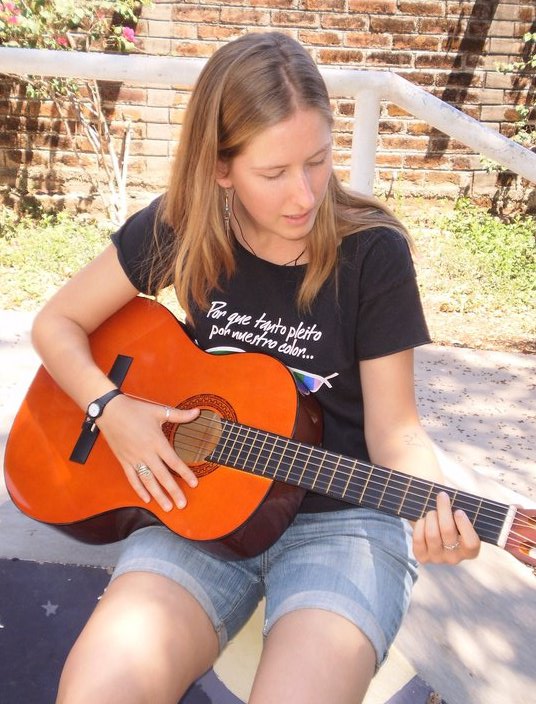
Fifty-four years ago today, the democratically elected government of Jacobo Arbenz Guzman was overthrown by a CIA-supported military coup d'etat here in Guatemala. Arbenz was the second president during Guatemala's 10 years of Democratic Spring - the only time in the last 500 years during which Guatemalans have had elected leadership that moved forward on land reform.
And the thing is, Arbenz's land reform wasn't especially radical or scary. The United Fruit Company (now known as Chiquita) held more than 70% of the fertile land in Guatemala, all of the railroads, and the one Atlantic port. (Mind you, this is a US company, not a Guatemalan company.) They were using about 6% of the land they had for production and the rest was lying fallow, while millions of Guatemalans suffered from extreme poverty and hunger. Arbenz basically created a "use it or lose it" policy that gave UFCO six months to start using the unused land and what they didn't use would be transferred to campesinos. (And again, the campesinos are almost all Mayans, so it was their land to begin with.)
This was not an option for UFCO and...conveniently enough, the head of UFCO was the brother of US Secretary of State John Foster Dulles. So with a bit of CIA help in arms and training, Arbenz was overthrown and a military dictatorship - the first of many - was installed. In 1960, the first guerrilla groups began to organize and the country moved into a 36-year period of civil war. (Not that the military governments hadn't already declared war on the actual lives of the people before that.) This is where we get the term "banana republic."
In the course of the war, more than 250,000 people were killed and more than 1 million were internally or externally displaced. Community infrastructures were destroyed as was the ability to trust one's neighbors and family members. And the violence continues - more people die on a daily basis now in Guatemala than at any point during the war. Before it was death squads and the military; now it is gangs and organized crime. Femicide especially is a growing problem and is rarely investigated.
This is the legacy of the overthrow.
*The title of this post comes from a song in Once on this Island, which is about Haiti (and worth seeing!). But as is the case in much of Latin America and the Caribbean, it is a pretty applicable history throughout the region.

No comments:
Post a Comment